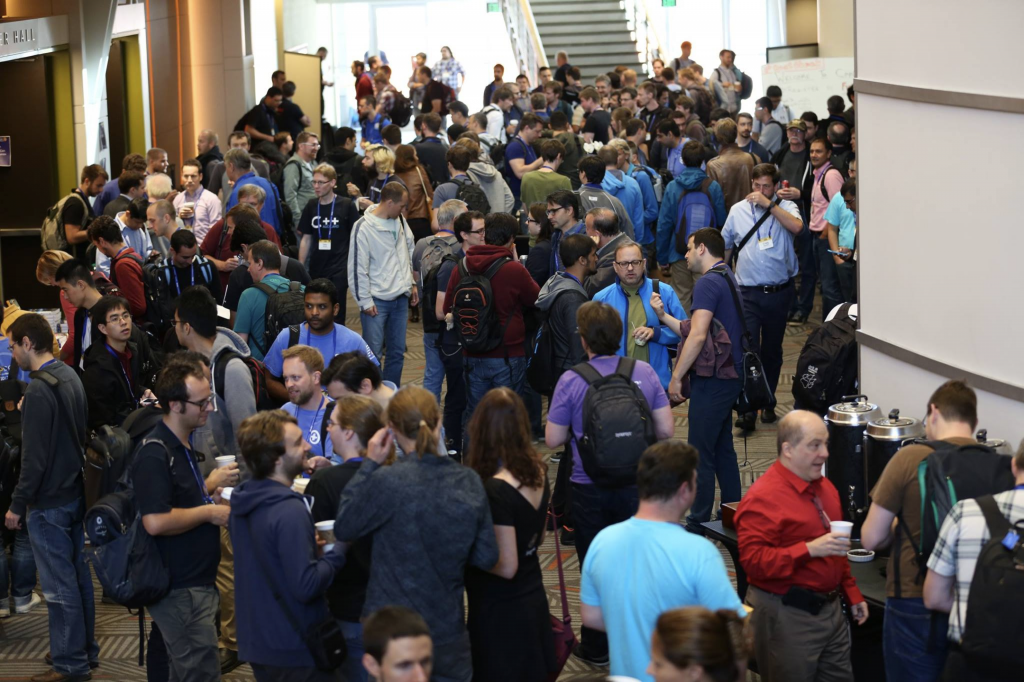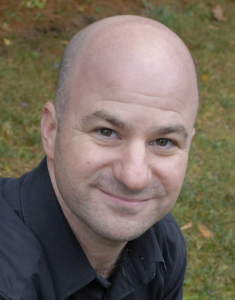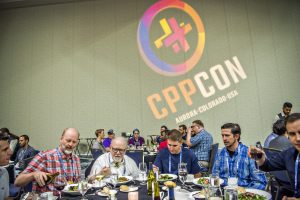Great Success
Our experiment with an online experience for CppCon 2020 has proven to be a great success! We had almost a thousand (994) attendees that were willing to take a chance on our first online conference. To put that in perspective, that’s over fifty percent more than joined us for our first onsite conference in 2014.
In our attendee survey, it was clear that people preferred the onsite experience, but over eighty percent were either pleased or very pleased about attending an online CppCon. Some, who are unlikely to be able to make it to Aurora, were grateful for the opportunity to finally get to attend CppCon. I’ve appended a few comments to this post.
Trip Reports
For more in depth comments on the online CppCon experience, here are a few Trip Reports:
- CppCon 2020 Trip Report, by Conor Hoekstra
- Attending the virtual CppCon 2020, by Jens Weller
- CppCon 2020 Trip Report, by Shafik Yaghmour
- CppCon 2020 – The hallway track, by Thamara Andrade
- My CppCon 2020 trip report, by Honey Sukesan
Javier Estrada is reviewing sessions in several posts on his Se Habla C++ blog.


 Emery Berger is a Professor in the College of Information and Computer Sciences at the University of Massachusetts Amherst, where he co-directs the PLASMA @ UMass lab. To fully appreciate the work that Emery has done and the academic honors that he’s received, you really need to read
Emery Berger is a Professor in the College of Information and Computer Sciences at the University of Massachusetts Amherst, where he co-directs the PLASMA @ UMass lab. To fully appreciate the work that Emery has done and the academic honors that he’s received, you really need to read  Lisa Lippincott designed the software architectures of Tanium and BigFix, two systems for managing large fleets of computers. She is chair of the numerics study group of the C++ standardization committee.
Lisa Lippincott designed the software architectures of Tanium and BigFix, two systems for managing large fleets of computers. She is chair of the numerics study group of the C++ standardization committee. The
The